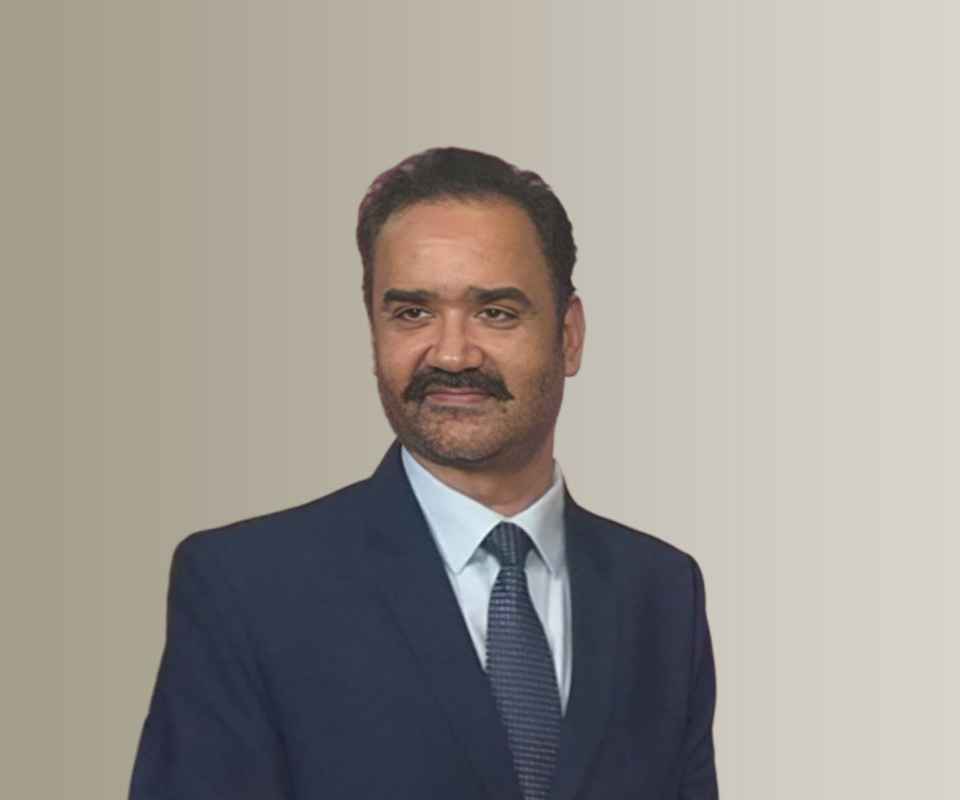Answer By law4u team
In most military services, a service member is required to serve for 20 years to become eligible for full retirement pension. However, a service member who is discharged before completing 15 years of service generally does not qualify for a pension. That said, there are certain exceptions and circumstances under which a person discharged early may still receive a pension or other benefits.
Pension Eligibility for Service Members Discharged Before 15 Years:
Regular Pension Eligibility:
Typically, a service member must serve a minimum of 20 years in active duty to be eligible for a military pension. This is the standard requirement for receiving retirement pay based on their rank and length of service.
If a person is discharged before 15 years, they would usually not qualify for a regular pension under the military’s retirement system.
Disability or Medical Discharge:
One of the exceptions to the rule is if the service member is discharged due to a disability or medical condition that prevents them from continuing service.
If the service member is discharged due to a service-related disability, they may be eligible for a disability pension, regardless of the length of service.
For instance, a soldier injured during combat or due to an accident while on active duty may qualify for a disability pension after serving less than 15 years.
The Department of Veterans Affairs (VA) assigns a disability rating based on the severity of the condition, and the pension benefits are based on this rating, not just the length of service.
Voluntary Early Retirement or Separation:
In certain cases, a service member may request an early separation or voluntary retirement before completing 15 years of service. However, they will not typically receive a pension unless there are specific programs or provisions (like early retirement for specific roles) that allow for such an exception.
Separation incentives or early-out programs are sometimes offered by the military to reduce personnel, but in most cases, these separations do not include pension benefits unless specific criteria are met.
Uncommon Exceptions:
If a service member is discharged for other reasons (e.g., administrative reasons, personal hardship, etc.) before 15 years, they would not be eligible for a pension. However, they may still be entitled to other benefits, such as healthcare, depending on the discharge status (e.g., honorable discharge).
Veteran Benefits:
Even if a service member is discharged before 15 years, they may still qualify for certain veteran benefits, such as education benefits (GI Bill), healthcare, and access to VA home loans, depending on their discharge status.
In some cases, veterans who have served less than 20 years may qualify for partial pension benefits under certain programs or conditions, but these are rare.
Example:
Scenario 1: Medical Discharge Before 15 Years
A soldier in the army is injured while on duty and is medically discharged after 10 years of service.
- Pension Eligibility: Despite serving only 10 years, the soldier is eligible for a disability pension due to the injury sustained while in service. The pension is based on the severity of the disability rather than the length of service.
- Outcome: The soldier receives a pension based on their disability rating, which may be higher or lower depending on the medical assessment.
Scenario 2: Voluntary Early Separation Before 15 Years
A sailor with 12 years of service requests an early separation due to personal reasons.
- Pension Eligibility: Since the sailor has served less than 15 years and the separation is voluntary, they will not be eligible for a regular pension. They may, however, qualify for veteran benefits or healthcare if they received an honorable discharge.
- Outcome: The sailor does not receive a pension but may be eligible for some other veterans' services.
Conclusion:
In general, a service member who is discharged before completing 15 years of service is not eligible for a regular military pension, which requires at least 20 years of service. However, there are exceptions, such as when a service member is discharged due to disability or medical conditions sustained during service, in which case they may be eligible for a disability pension. For those who voluntarily separate before completing 15 years, pension eligibility is typically not available, but other veteran benefits might still be accessible, depending on the discharge status.







